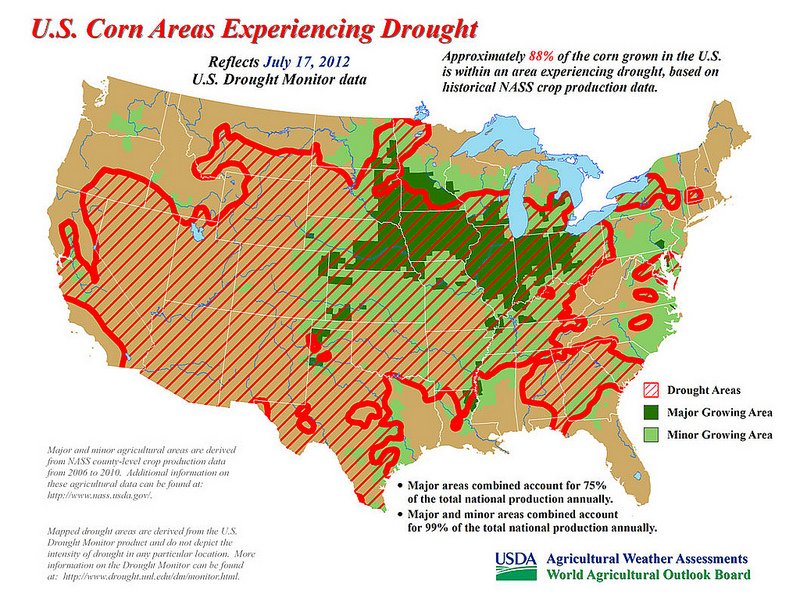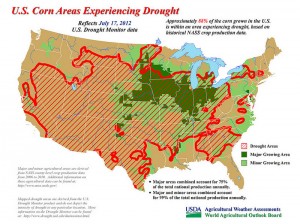
Communicating Climate Change
 On October 10th, Climate Desk began a series of events looking at the issue of climate change in the November election and whether addressing it could be a winning strategy. That day’s segment focused on how to effectively communicate climate change. The panel of speakers included Betsy Taylor, President of Breakthrough Strategies and Solutions, Joe Romm, Senior Fellow at the Center for American Progress, and Paul Bledsoe, Senior Advisor at the Bipartisan Policy Center. In order to engage a larger segment of the American population, the speakers argued, it is critical to localize climate change and discuss the costs of inaction.
On October 10th, Climate Desk began a series of events looking at the issue of climate change in the November election and whether addressing it could be a winning strategy. That day’s segment focused on how to effectively communicate climate change. The panel of speakers included Betsy Taylor, President of Breakthrough Strategies and Solutions, Joe Romm, Senior Fellow at the Center for American Progress, and Paul Bledsoe, Senior Advisor at the Bipartisan Policy Center. In order to engage a larger segment of the American population, the speakers argued, it is critical to localize climate change and discuss the costs of inaction.
Ms. Taylor built her presentation on the changes in public opinion about climate change, over which concern has grown in recent months. She suggested messages on climate change be placed within the frames of responsibility, accountability and national pride. For example, she said we can’t ignore climate change because “we owe it to our kids to protect them, and that means addressing climate change before it becomes irreversible.”
Dr. Romm said that we need to set climate change within local contexts instead of branding it with images of polar bears and affected third world countries. He recommended that when speaking about climate change, one should center statements around the impact it will have on people and tailoring the message for specific audiences.
Paul Blesdoe also spoke on the need to focus the climate issue on its consequences for local communities and the economic effects of action and, especially, inaction. For example, due to the drought earlier this summer, the USDA designated 2,056 counties as “primary natural disaster areas,” representing 68% of the country. The economic damage across the country from crop failures is a clear example of the consequences of climate change, which will only worsen and get more expensive the longer we wait.
The detailed ASP report Pay Now, Pay Later looks at climate change on a local level and focuses on economic costs. While addressing climate change by shifting to a low-carbon economy may prove to be costly, inaction has its costs as well. Pay Now, Pay Later provides a state by state breakdown of the costs of failing to act.
The Intergovernmental Panel on Climate Change released a report predicting greater frequency of extreme weather in the future, the effects of which are already being felt. In addition, NASA scientist James E. Hansen warns that extreme weather will be even more severe. The conversation needs to shift away from the validity of climate change towards dealing with its consequences.
While the idea that we must focus the climate change issue around local communities and economics isn’t new, it is certainly worth repeating. In July, Yale University and George Mason University released the results of a survey that showed the proportion of Americans who believe climate change is occurring has risen to 66% in March 2012 from 57% in 2010. As climate change continues to inflict a toll on local communities, it is more important than ever to communicate the costs of inaction.





